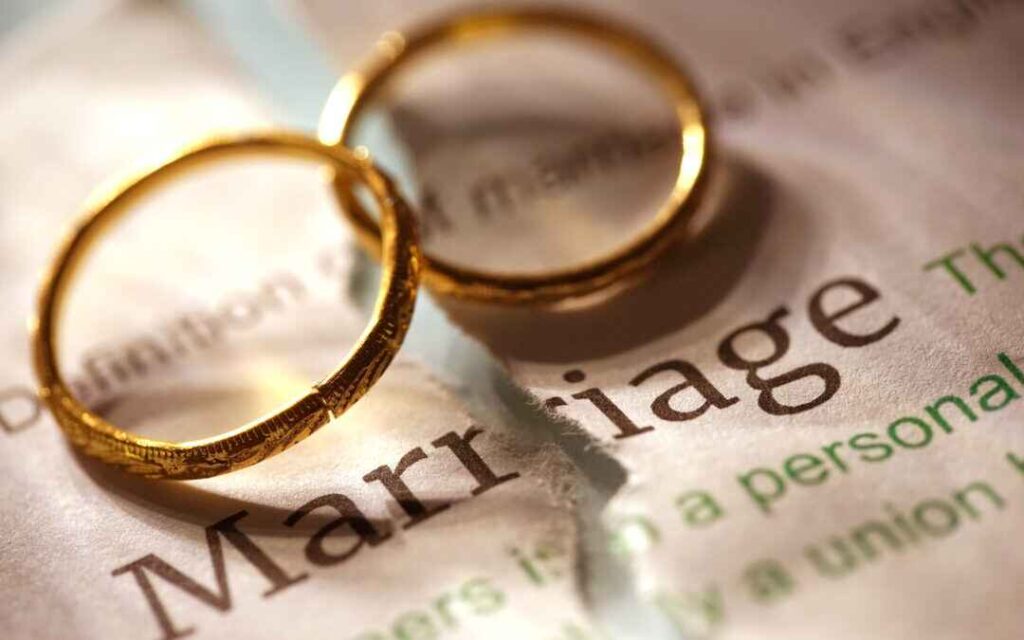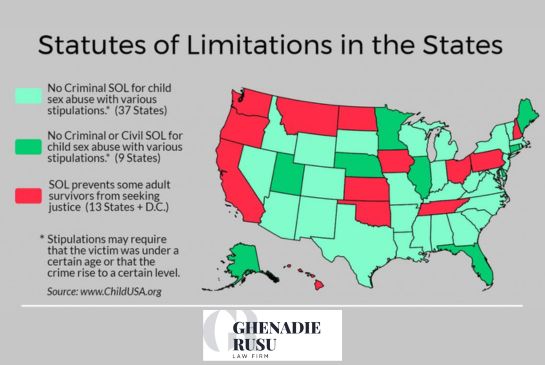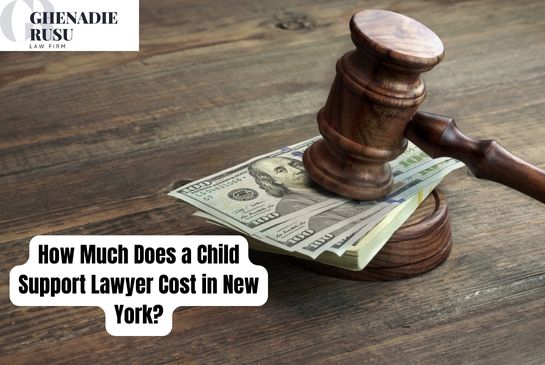As we move into 2024, it’s crucial to understand the legalities governing your relationship, particularly in respect to common law marriage New York. With ever-changing regulations and societal norms, it’s vital to stay informed.
What is a Common Law Marriage?
In the context of common law marriage NYC, it refers to a union where a couple lives together, behaving like a married couple over time, but without ever completing a formal, state-sanctioned marriage ceremony.
Does New York Recognize Common Law Marriages?
Contrary to some beliefs, New York State common law marriage is not recognized within the state. This means that couples cannot form a common law marriage in New York regardless of how long they may live together.
Recognition of Out-of-State Common Law Marriages
However, there is an exception to the rule. If a New York common law marriage was legally formed in another state that recognizes such unions, New York would recognize that marriage.
Alternatives to Common Law Marriage in NYC
While common law marriage in NYC isn’t recognized, cohabitants have alternative ways to safeguard their relationship and rights. Consider forming a cohabitation agreement, which can outline financial obligations and understandings, similar to how a prenuptial agreement functions.
Protecting Your Rights as a Common-Law Couple

Contrary to popular belief, New York does not recognize common law marriage New York. However, there are certain measures common law marriage NYC couples can take to safeguard their rights and interests.
1. Draft a Cohabitation Agreement
One way you can protect your rights as a common-law couple is by drafting a cohabitation agreement. This agreement is a legally binding contract that outlines each partner’s rights and responsibilities, covering matters such as property division, financial support, and child custody.
2. Create a Will or Estate Plan
Even in the absence of a recognized marriage, you can control the distribution of your assets after death. Drafting a comprehensive will or estate plan guarantees that your assets will go to your common-law partner upon your death.
3. Assign Power of Attorney
Another strategy is assigning power of attorney. If you designate your common-law partner as your agent, they would have the authority to make financial and medical decisions on your behalf if you become incapacitated.
4. Designate Beneficiaries
Ensure your common-law partner is the beneficiary of your insurance policies, retirement accounts, and other financial instruments. This ensures they will receive these benefits if you pass away.
5. Joint Ownership
Obtaining joint ownership of properties, bank accounts, and other assets provides a clear legal claim for both partners in the relationship.
6. Parenting Agreements
When you share children, it’s essential to draft a parenting agreement defining each parent’s responsibilities regarding child custody, visitation, and support. This creates a legal framework facilitating decision-making and resolving future conflicts.
Child Custody and Support
The Rusu Law Firm can help with any child custody issues regardless of marital status and as part of their expertise on child custody. New York law maintains strict regulations around child custody and support.
Seek Legal Advice
The complexity of laws surrounding common law marriage in New York necessitates obtaining proper legal counsel. Not only does it protect current rights, but it also guards you against any future changes. At The Law Office of Ghenadie Rusu, we can navigate the complexities and offer a tailored solution for your situation.
Call (347) 907-1248 or contact us to schedule a consultation with The Law Office of Ghenadie Rusu.
Though New York may not acknowledge common law marriage, many avenues can legally secure you and your partner’s union. Explore these thoroughly for security and peace of mind.
Read More: What are the Immigration Attorney Fees in New York City?
Read Our Latest Published Guides:
- EB-1 Green Card Processing Time in NYC
- EB2 Visa Requirements, Timeline, Process
- EB3 Visa Requirements, Timeline, Process
- What is the Process of Applying for H1B Visa
Common Law Marriage New York Frequently Asked Questions
How many years is a common law marriage in NY?
New York State does not recognize common law marriage, regardless of how many years a couple has lived together.
Do unmarried couples have rights in New York?
Yes, unprotected legal rights are not exclusive to married couples. Unmarried couples can still draft a cohabitation agreement, set up joint bank accounts, choose each other to be beneficiaries on life insurance policies, and name each other in wills to protect their rights.
What qualifies as a domestic partner in New York?
Under the New York City Domestic Partnership Law, same- or opposite-sex couples living together in a close and committed personal relationship, sharing the household duties and obligations, and not related in a manner that would bar legal marriage can file a Declaration of Domestic Partnership.
What is the difference between a domestic partnership and a common law marriage?
The primary difference is that a domestic partnership is a legally recognized relationship between two individuals. In contrast, common law marriage is a marriage that’s considered valid by both partners, but has not been formally registered with a state or religious registry, or a formal religious marriage ceremony hasn’t happened.
Does New York State recognize common law marriage?
No, New York State does not recognize common law marriages.
Is common law marriage recognized in New York?
Common law marriages, even those that occur over long periods of cohabitation, are not recognized in New York.
What are the marriage laws in New York City?
In New York, you must be over the age of 18 and must have the mental capacity to enter into a contract.. Those aged 16-17 can marry with parental consent, and 14-15-years-olds need court permission. Same-sex marriage is also legal.
Does common law marriage still exist in the US?
Yes, eight states currently recognize common law marriages: Colorado, Iowa, Kansas, Montana, New Hampshire, South Carolina, Texas, and Utah..
When did New York get rid of common-law marriage?
New York State abolished common-law marriage April 29, 1933.
When did common-law marriage end in NY?
Common-law marriage ended in New York in 1933.
What are the benefits of getting married in NYC?
Marriage in NYC offers several benefits like:
- State tax benefits.
- Insurance benefits.
- Health care and family leave.
- Inheritance, property ownership and transfer rights.
- Parental rights.
What are the benefits of domestic partnerships in NY?
Domestic partnership in NY offers some legal protection such as health insurance coverage, medical decision-making power, legal entitlement to family leave, and a limited number of inheritance rights.
What is the difference between marriage and domestic partnership in NY?
A marriage is a legal contract that can only be ended by divorce, while a domestic partnership does not have to be ended through any specific process and can be ended simply by one person moving out of state.












